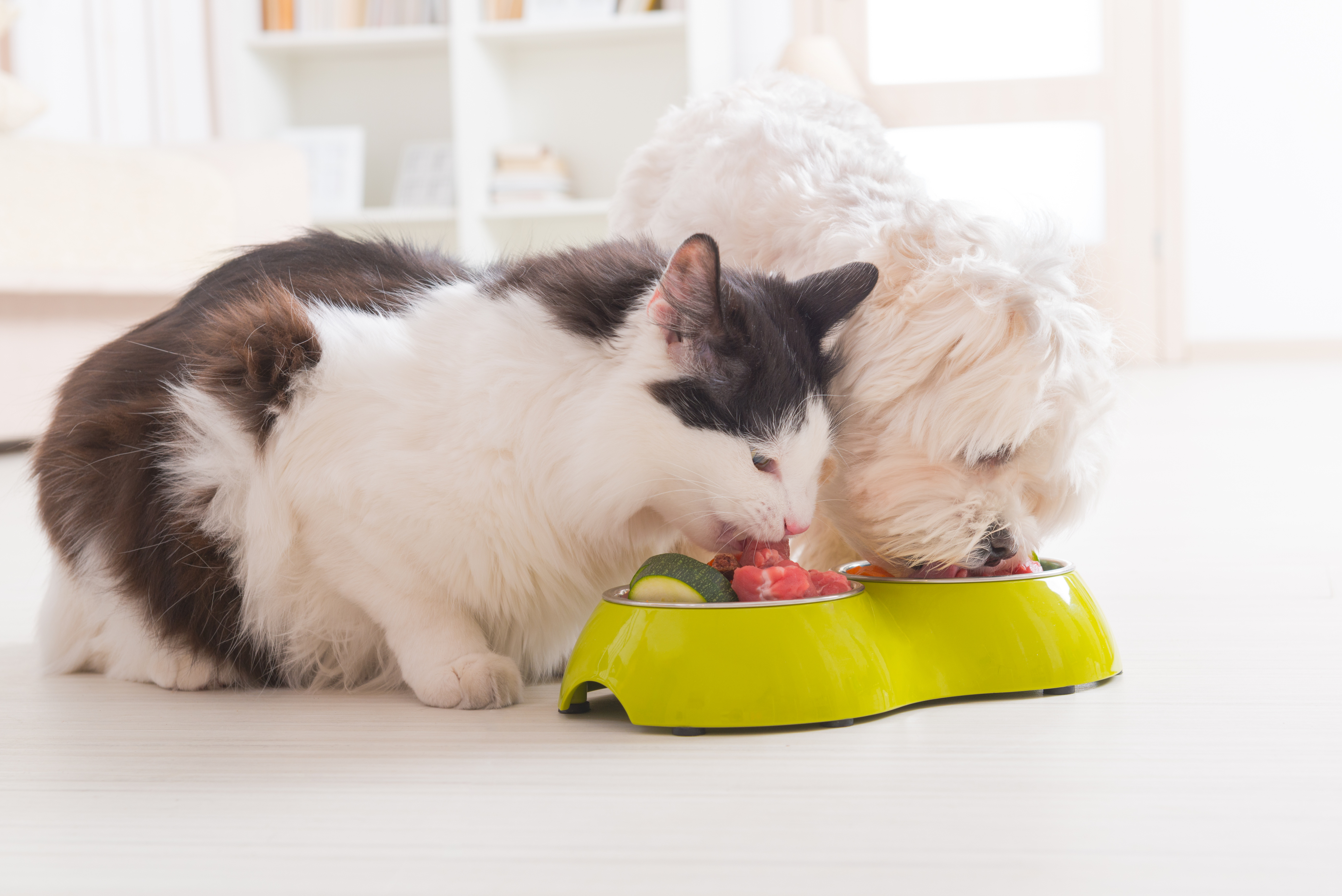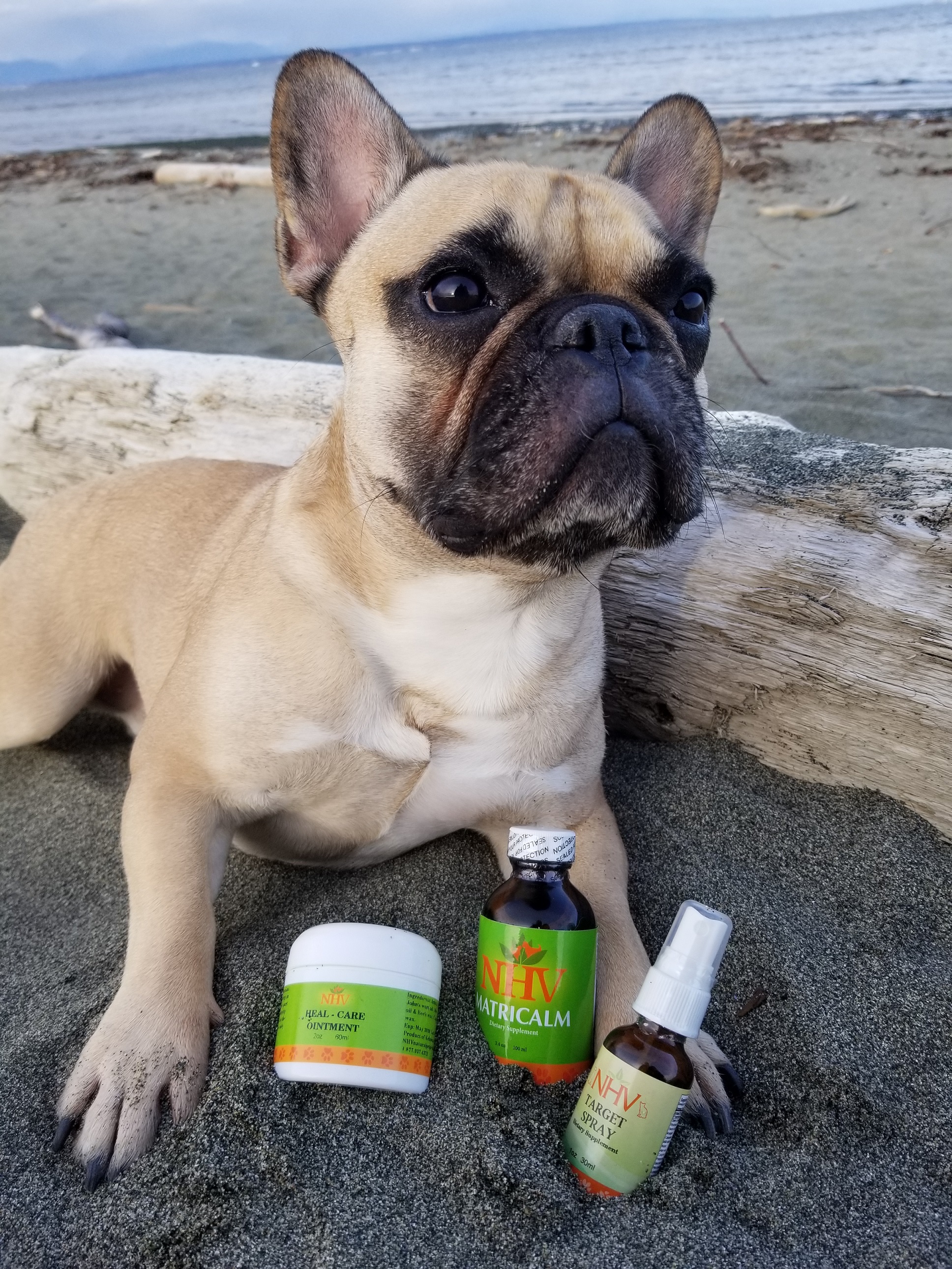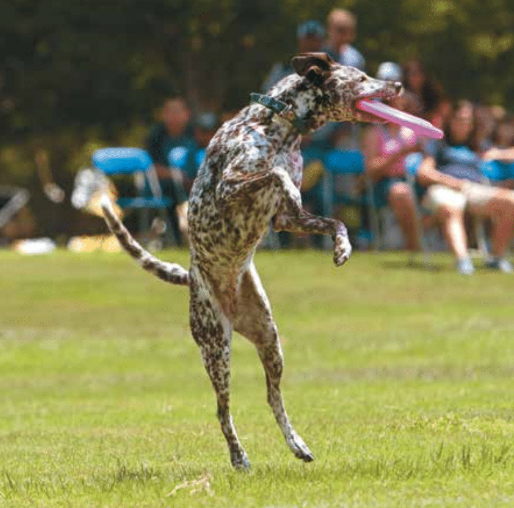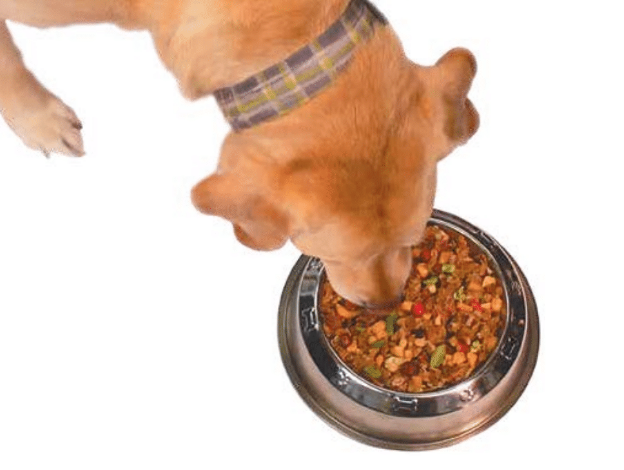Probiotics for Pets
Stacy Mantle //June 1, 2016//
 With all of the talk about natural pet food in the industry, there is relatively little time devoted to information about probiotics. While feeding a pet nutritious food is an important way to gain probiotics, supplementation can make an obvious difference in an animal’s health.
With all of the talk about natural pet food in the industry, there is relatively little time devoted to information about probiotics. While feeding a pet nutritious food is an important way to gain probiotics, supplementation can make an obvious difference in an animal’s health.
Better Digestion, Better Health
At their most basic, probiotics help support a healthy digestive function. Supplementing a pet’s diet with beneficial microorganisms is a way to help make the digestive process more efficient, which in turn can help increase immunity, offset reactions to medications (especially antibiotics) and reduce the effects of stress in pets.
“Probiotics are beneficial bacteria, such as Bacillus coagulans found in Plant Enzymes and Probiotics by Animal Essentials, which add to existing microflora in the intestinal tract,” said Greg Tilford, CEO of Animal Essentials. “A prebiotic on the other hand is a substance that serves as functional food for pre-existing microflora in the gut.”
Beyond promoting good intestinal health when used on a regular basis, veterinarians and retailers recommend keeping a supply of reliable probiotics on hand for pets that are prone to stress, such as animals in stores or rescue environments and those who are prone to stomach upset and digestive tract issues such as diarrhea.
“Just like humans, dogs can suffer from a variety of digestive disorders that can be triggered by many different things,” said Joe Petracca, vice president of business development at Lifes2good.
“Whether your pet suffers from a diagnosed chronic disorder like inflammatory bowel disease (IBD) or simply ate something that they shouldn’t have, it is easy to recognize when they are not feeling well,” Petracca said. “By introducing the Pettura Digestive Health supplement into their daily routine, you are providing them with GanedenBC30, a lactic acid producing bacteria that will support their daily digestive health by producing a wide spectrum of enzymes that help maintain proper gut flora. This drug-free chew is an easy and quick solution to supporting dog’s digestive health. It is for dogs of all ages, sizes and breeds and the once-a-day digestive health chew comes in a resealable bag for extra freshness.”
When selecting a probiotic, it’s important to remember that they are species-specific. Humans and animals have very different prebiotic and probiotic needs, so simply adding a human probiotic is not an efficient way of helping pets.
LICKS’ Pill-Free supplements are individually packaged for easy storage and help consumers avoid measuring out powders. They are also simple to administer by mixing into food, giving it to them directly, or placing on a dog or cat’s paw and allowing them to lick it off.
“When used at mealtime, LICKS’ digestive supplements utilize a proprietary blend of digestive enzymes to help relieve gas and bloating from food transitioning or just everyday stomach upset,” said Amy Paris, founder of LICKS Pill-Free, which offers an extensive line of species-specific supplements. “By providing your pet with a natural digestive supplement, you can help boost their immune system and give them optimal digestive health.”
Probiotics are also available in chews, which are healthy ways to reward your pets during training.
Tomlyn Multi-Vitamin Chews Plus Probiotics and Enzymes come in pet-friendly flavors, and each is scientifically formulated with a comprehensive blend of vitamin E, digestive enzymes, omega-3 for inflammation and selenium for antioxidant/immune support.
Drinking to Health
Heyrex, manufacturers of the Torus innovative and award-winning pet water bowl system, recently announced the launch of Torus supplements: four new soluble animal health supplements for dogs and cats. To help maintain a healthy digestive tract, the Probiotics formulation contains 200 million colony-forming units of live (viable), naturally occurring microorganisms. All of the new supplements are veterinarian-formulated and backed by scientific research to help provide essential nutrients for dogs and cats.
“The pet supplement market is experiencing unprecedented growth due to a strengthening of the human-pet bond,” said Kim Goldsworthy, general manager of sales and marketing at Heyrex. “Pet parents continue to seek out unique products that address specific needs and that are easy to use. Our supplements are formulated to meet what pet parents expect in terms of quality ingredients and convenience of use. With the addition of these new products, we’re able to offer a more complete line of pet care options, so that it’s easier for retailers to select the ideal mix for their customers.”
Selecting Strains
When selecting probiotics, it’s important to understand what to look for on the labels.
Each species and strain of probiotics should be noted. A good supplement will usually contain at least ten strains; this ensures better diversity of good flora. The label should also include the number of colony-forming units (CFU) per serving and per gram. This is a measurement of the viable microbes in a probiotic. The better supplements will include at least 20 million CFUs per gram.
The only downside to stocking probiotics is that individual animals may respond differently to a specific brand. This may make it necessary to carry several brands that you can recommend customers try for each of their pets. Stocking a variety of probiotics and prebiotics will allow stores to recommend alternatives to pets that may not respond to one specific brand.



















